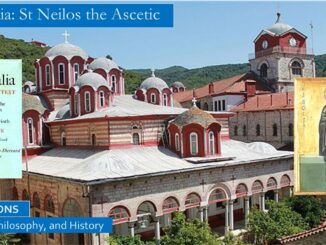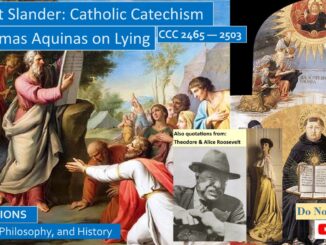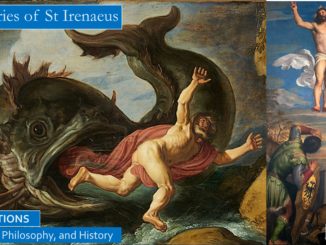
St Neilos on Ascetic Discourses in the Philokalia
St Neilos contrasts the holy men “who live for the soul alone, turning away from the body and its wants,” the holy men who have no need to flatter the wealthy because they live simply, to those of us who, “instead of courageously struggling against our difficulties, come fawning to the wealthy, like puppies wagging their tails in the hope of being tossed a bare bone or some crumbs. To get what we want, we can them benefactors and protectors of Christians, attributing every virtue to them, even though they may be utterly wicked.” […]


